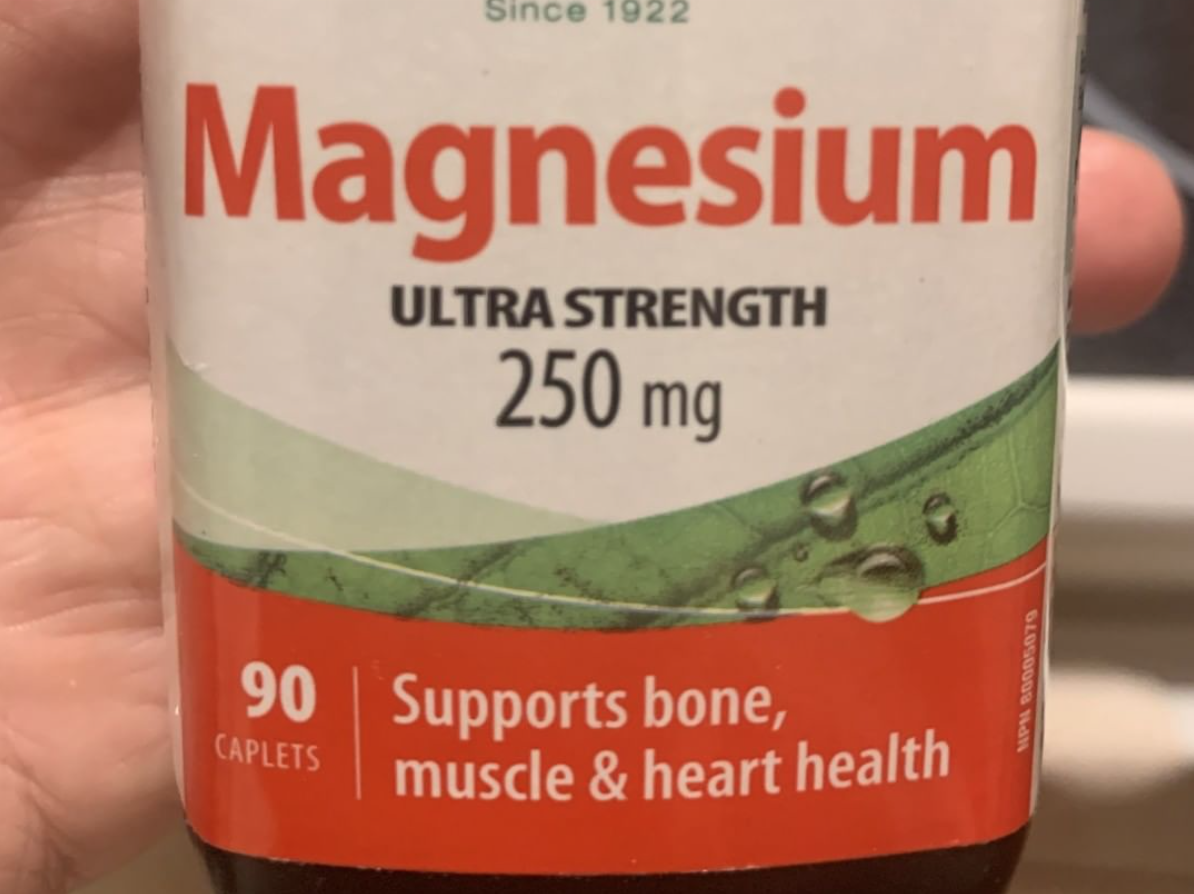Serum Magnesium Levels in Women with Diffuse Hair Loss
Should we be checking blood levels of magnesium ?
There are many causes of hair shedding or telogen effluvium. Common causes include intense stress, thyroid problems, crash diets with sudden weight loss, and medications. However, a wide variety of other ‘triggers’ have the potential to cause hair loss. Deficiencies in various minerals are also potential causes of telogen effluvium. Deficiencies in zinc, iron, magnesium, selenium, for example, all have the potential to trigger hair loss.
A 2004 study reminded us that testing for magnesium deficiency (“or hypomagnesemia”) may be reasonable in women presenting with concerns about diffuse hair loss and diffuse hair shedding. The normal adult value for magnesium is 1.6-2.5 mEq/L and hypomagnesemia is generally defined as a level of serum magnesium under 1.6 mEq/L or 1.5 mEq/L.
Tataru and Nicoara studied three groups of women age 16 to 40. Group A was made up of 26 women with diffuse hair loss for which the cause was unknown. Group B consisted of 14 women with diffuse hair loss for which the cause was known (seborrhoea, hormonal issues, thyroid disease). Group C consisted of 24 women without hair loss.
The authors found in the first group (group A), there were 12 cases (46.1%) with hypomagnesemia and the average magnesium level was 1.80 mEq/L. In the second group (group B), there were 3 cases (21.4%) and the average magnesium level was 1.99 mEq/L. Finally, in the control group (group C) the authors found 2 cases (8.3%) hypomagnesemia and the average level was 2.23 mEq/L These data suggested that low magnesium levels were indeed more likely to be found in women with diffuse shedding.
Check serum magnesium levels may be important to consider for some women with diffuse hair loss according to a 2004 study. Supplementation with magnesium may help some women with diffuse hair loss if levels are found to be low.
Magnesium supplementation may reduce hair shedding in some women
In the second part of the study, the authors evaluated the effect of providing magnesium supplementation to women in Group A and Group B. The dose was equivalent to 96 mg (8 mEq or 4 mmol) daily for 2 months. The authors observed a noticeable decrease of hair loss in 69.1% of the patients from group A (18 from 24 cases) in comparison with 35.7% (5 from 14 cases) in the group B.
Conclusion
This study was among the first large scale studies to document the incidence of low magnesium in women with diffuse hair loss and to show that women with diffuse loss are more likely to have low magnesium levels than women without diffuse loss. Moreover, these studies showed that supplementation magnesium may help some women reduce hair loss and shedding.
Finding the precise cause of hair loss in women with diffuse loss and hair shedding can be challenging. Ordering every single blood test is not practical and not cost effective. Sometimes the medical history can guide us, but not always.
Supplementing with magnesium is reasonable if blood tests prove that there is low magnesium. Supplements with 100-250 mg of elemental magnesium are quite reasonable for 2-3 months but I often start with every other day for 2 weeks to ensure that the patient does not experience diarrhea. Supplements with higher levels of magnesium are not typically recommended. After 3 months, I typically reduce the dose quite significant and recheck levels. Depending on the patient, the old magnesium levels, the new magnesium levels at the end of month 3 and the original suspected reason for the low magnesium, I might either continue at low doses or stop the magnesium altogether.
I have always found this to be an interesting study. I have not found a high proportion of women with hair shedding to have magnesium deficiency but am always on the look out.
Women with high intake of vitamin D may have low magnesium levels as well as other medication users. Low magnesium can give symptoms of muscle pain, fatigue, high blood pressure, irregular heart beats, osteoporosis and mood disorders so certainly we need to be particularly thinking about the possibility of low magnesium levels when this issues are present.
Im general, basic tests for women with hair shedding include:
CBC, TSH, ferritin, 25 hydroxy vitamin D, DHEAS testosterone, AM cortisol, ESR
zinc, magnesium, ANA, creatinine, AST, AST.
Consideration can given to ordering a variety of other tests depending on the exact patient history including syphilis screening, HIV, selenium, mercury and others.
Reference
A Tataru and E Nicoara. Idiopathic diffuse alopecias in young women correlated with hypomagnesemia. J Eur Acad Dermatol Venereol. 2004 May;18(3):393-4.
This article was written by Dr. Jeff Donovan, a Canadian and US board certified dermatologist specializing exclusively in hair loss.

